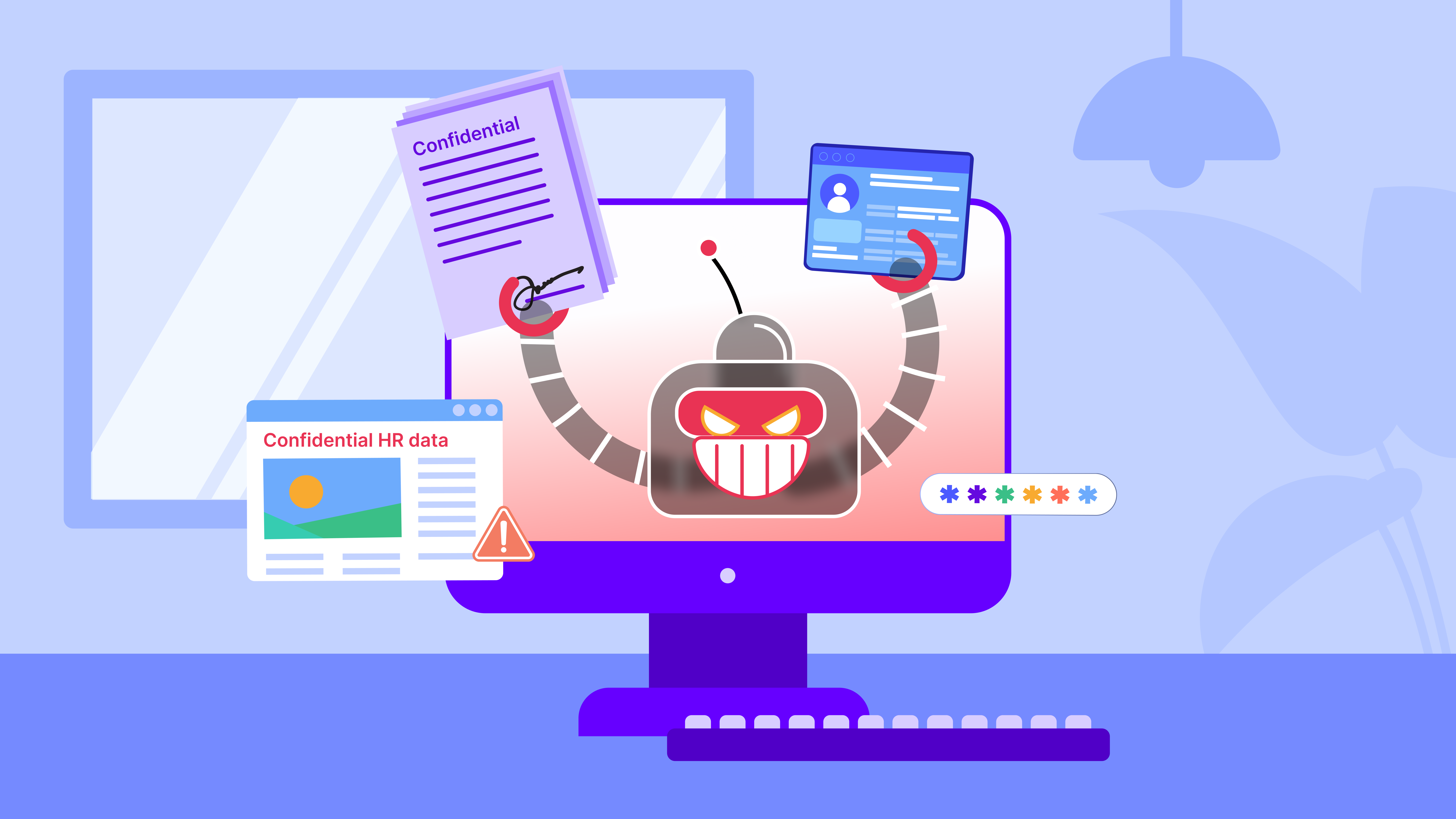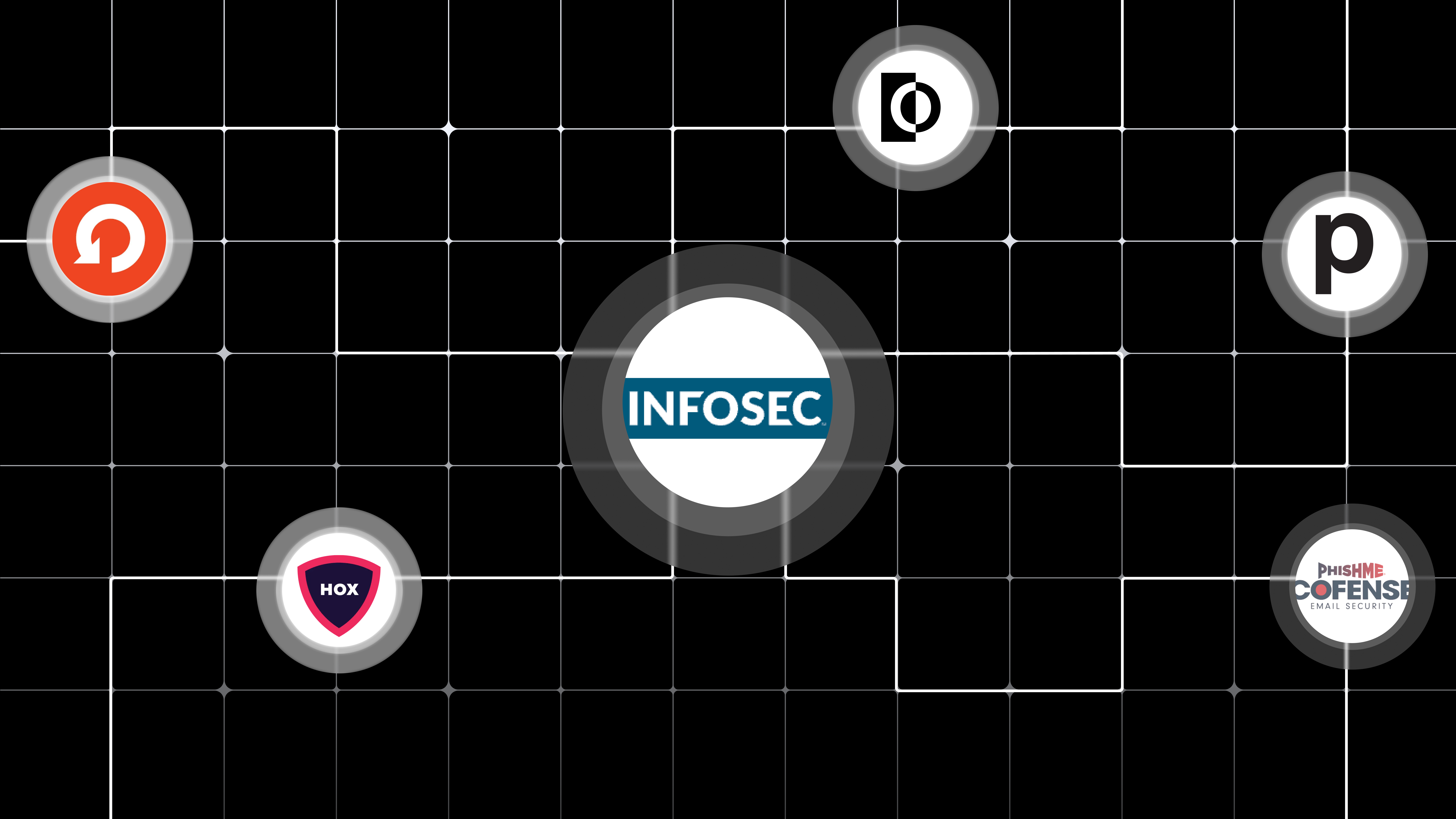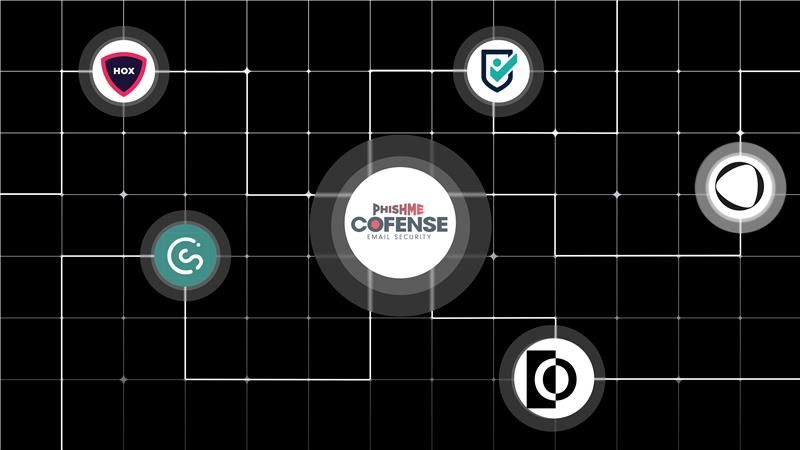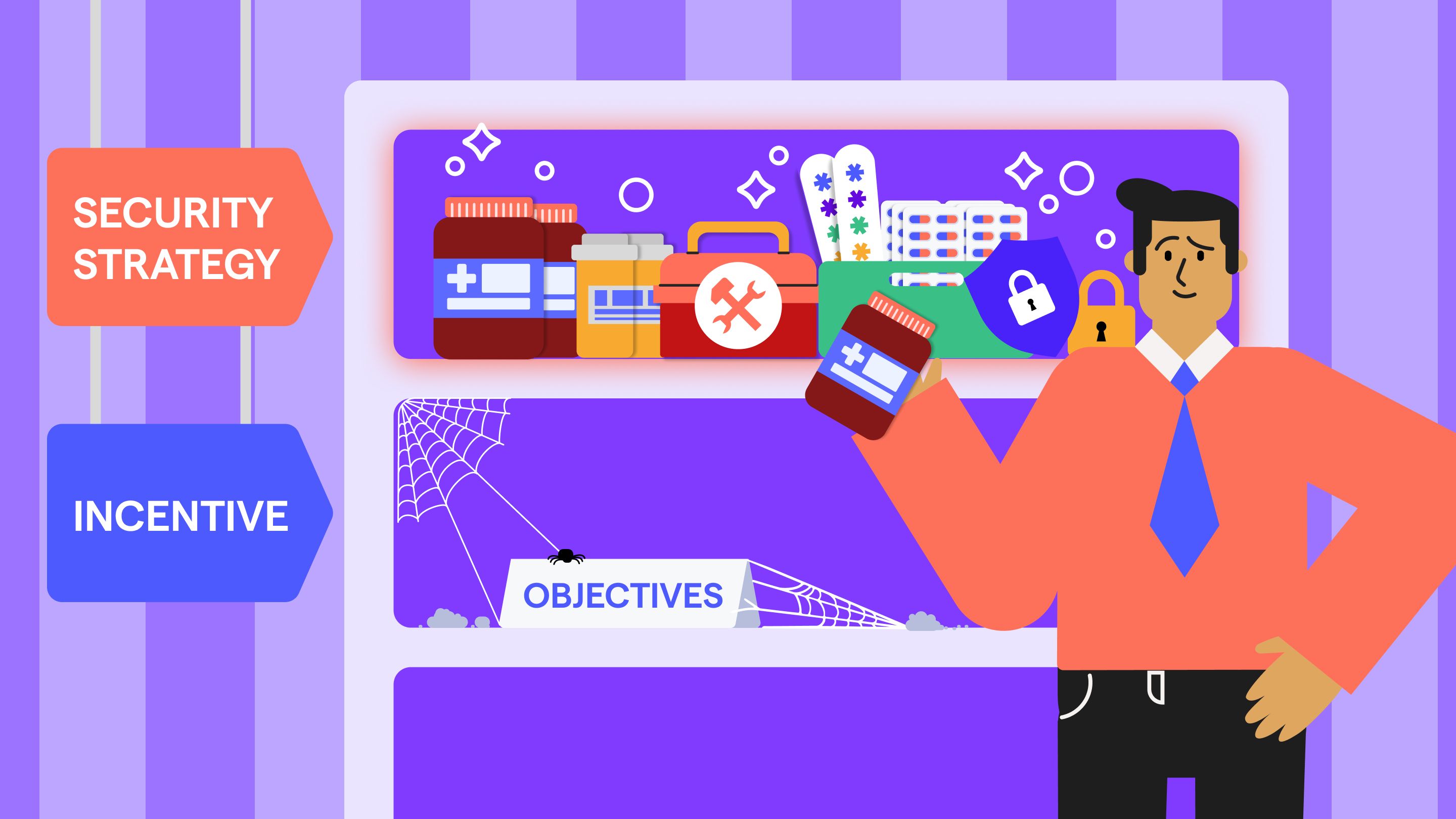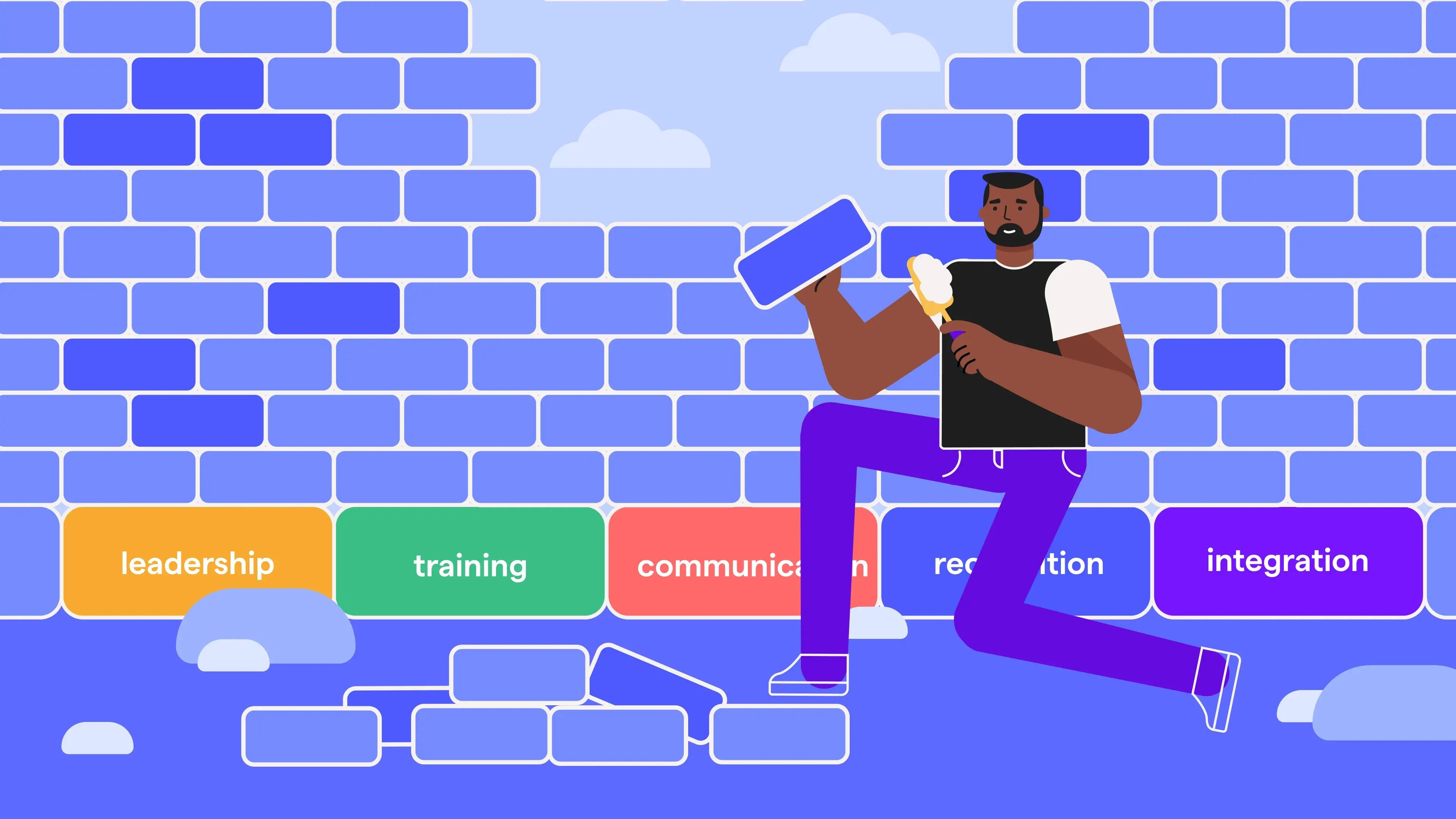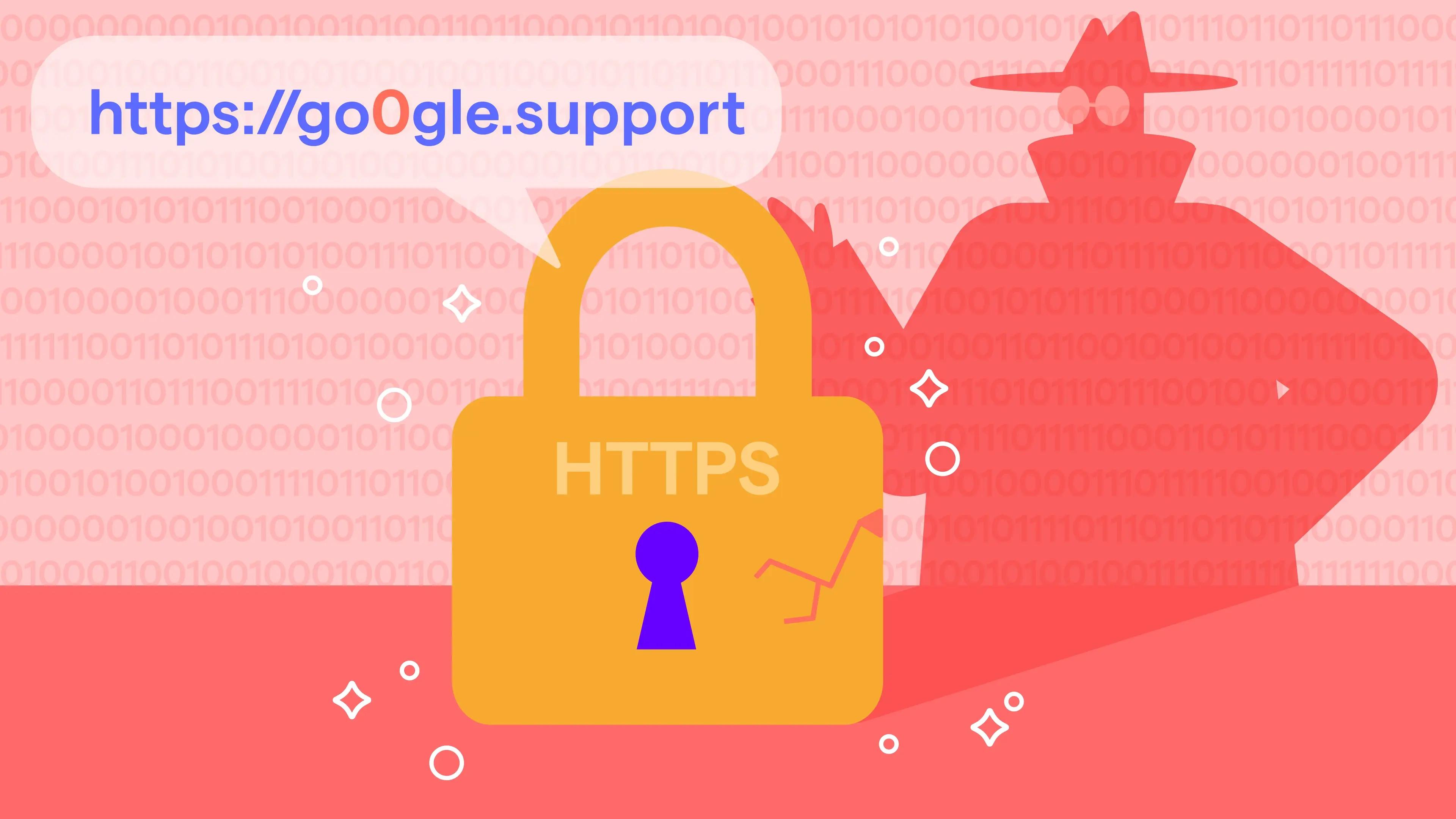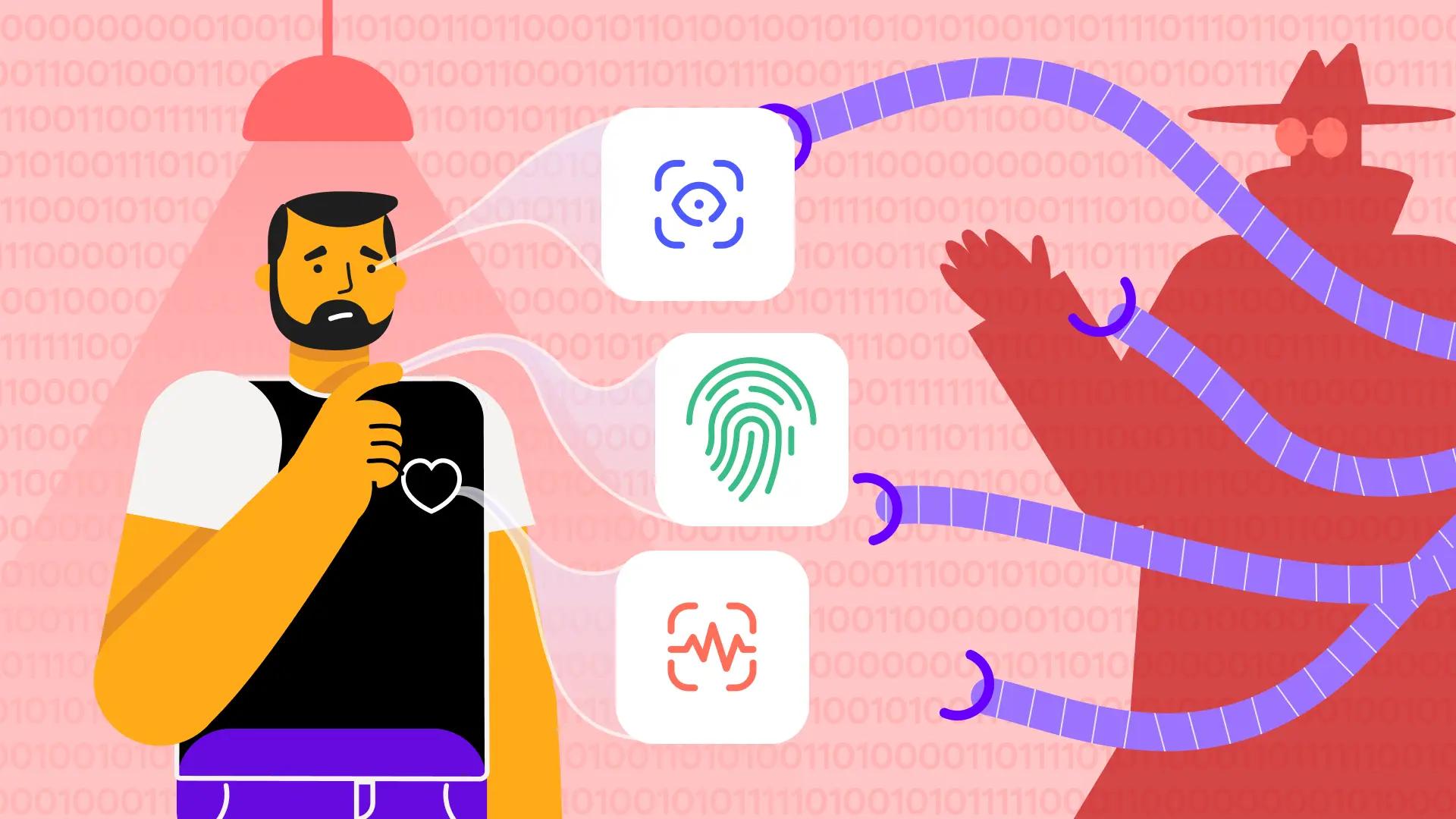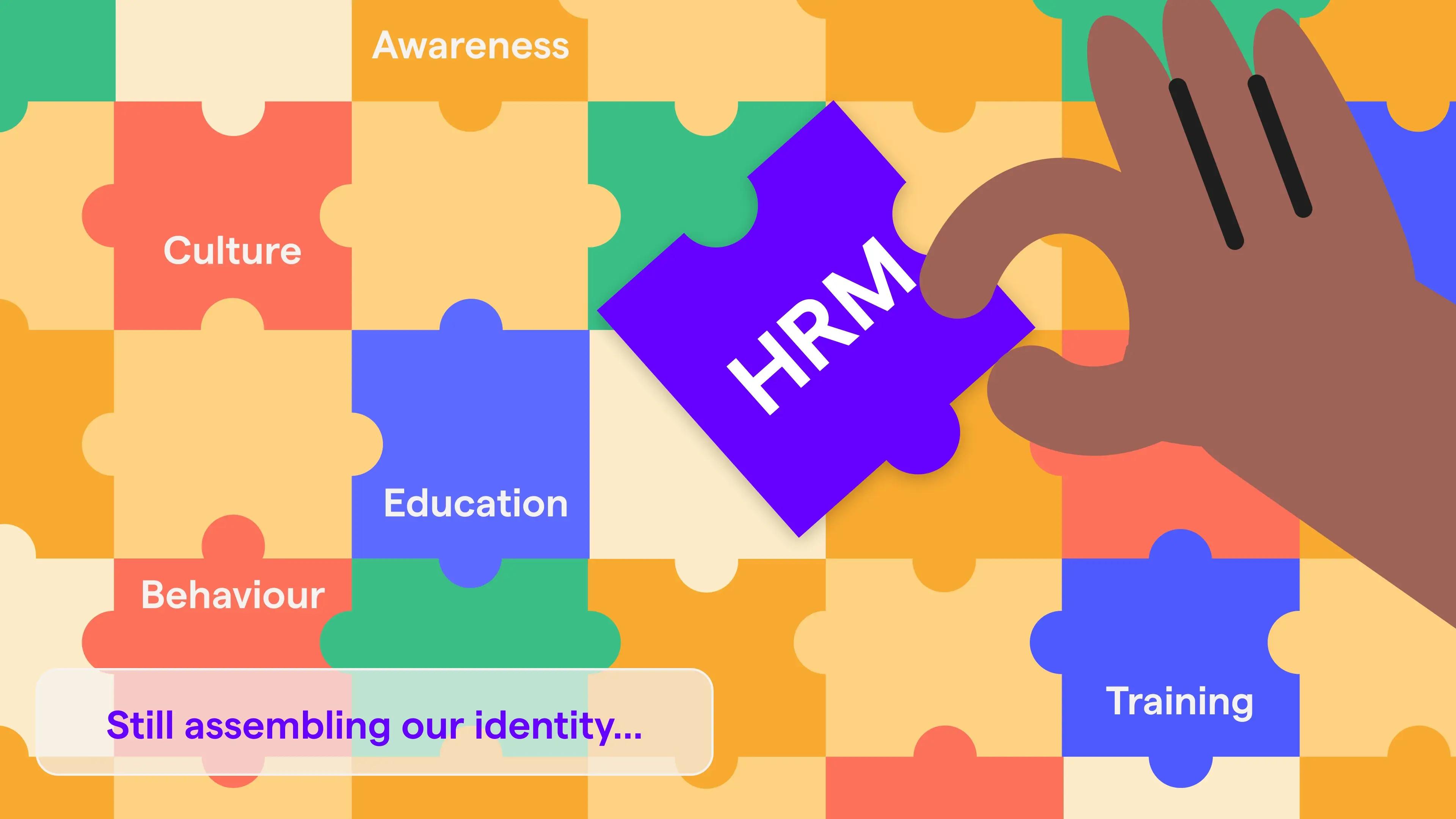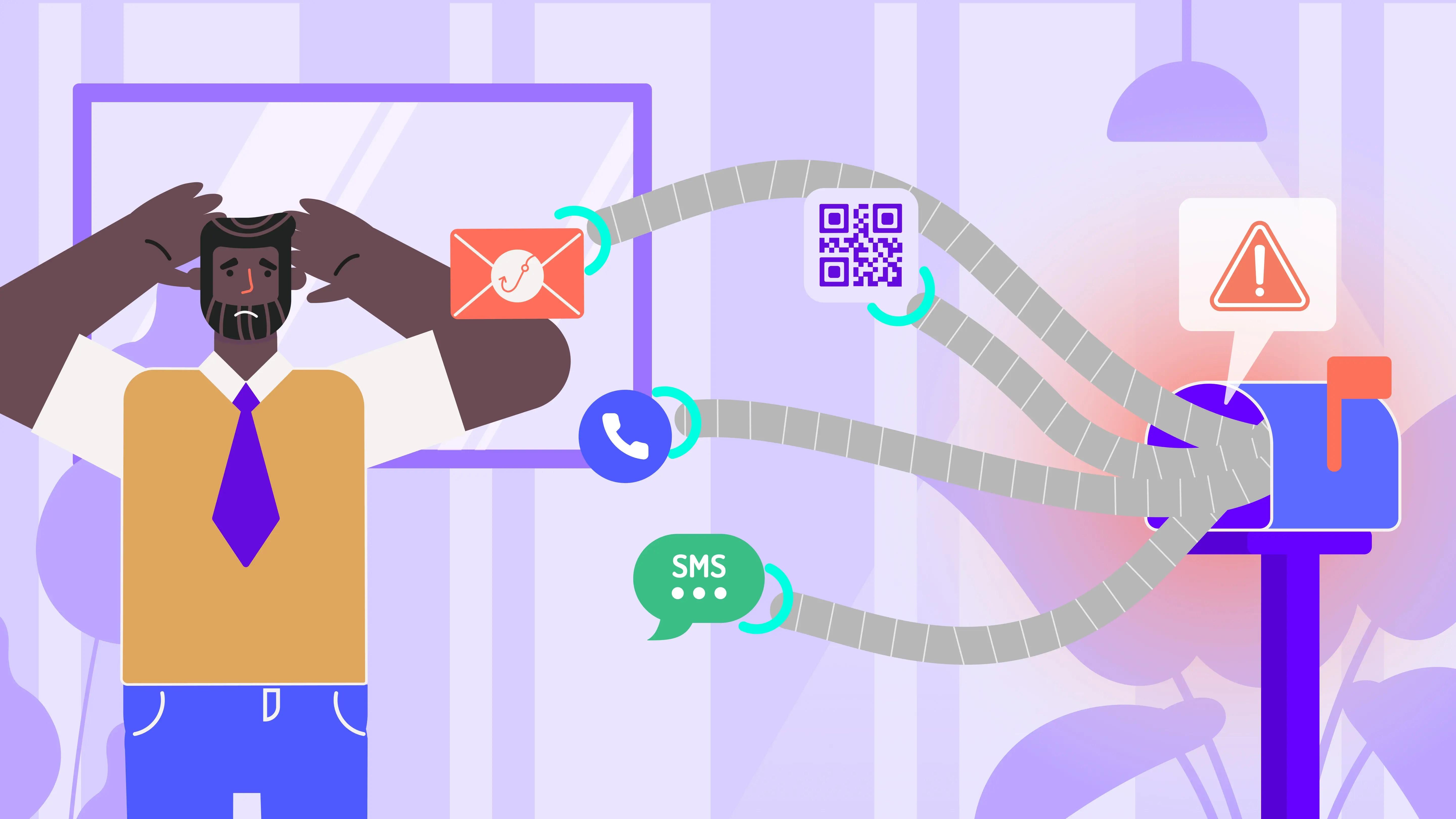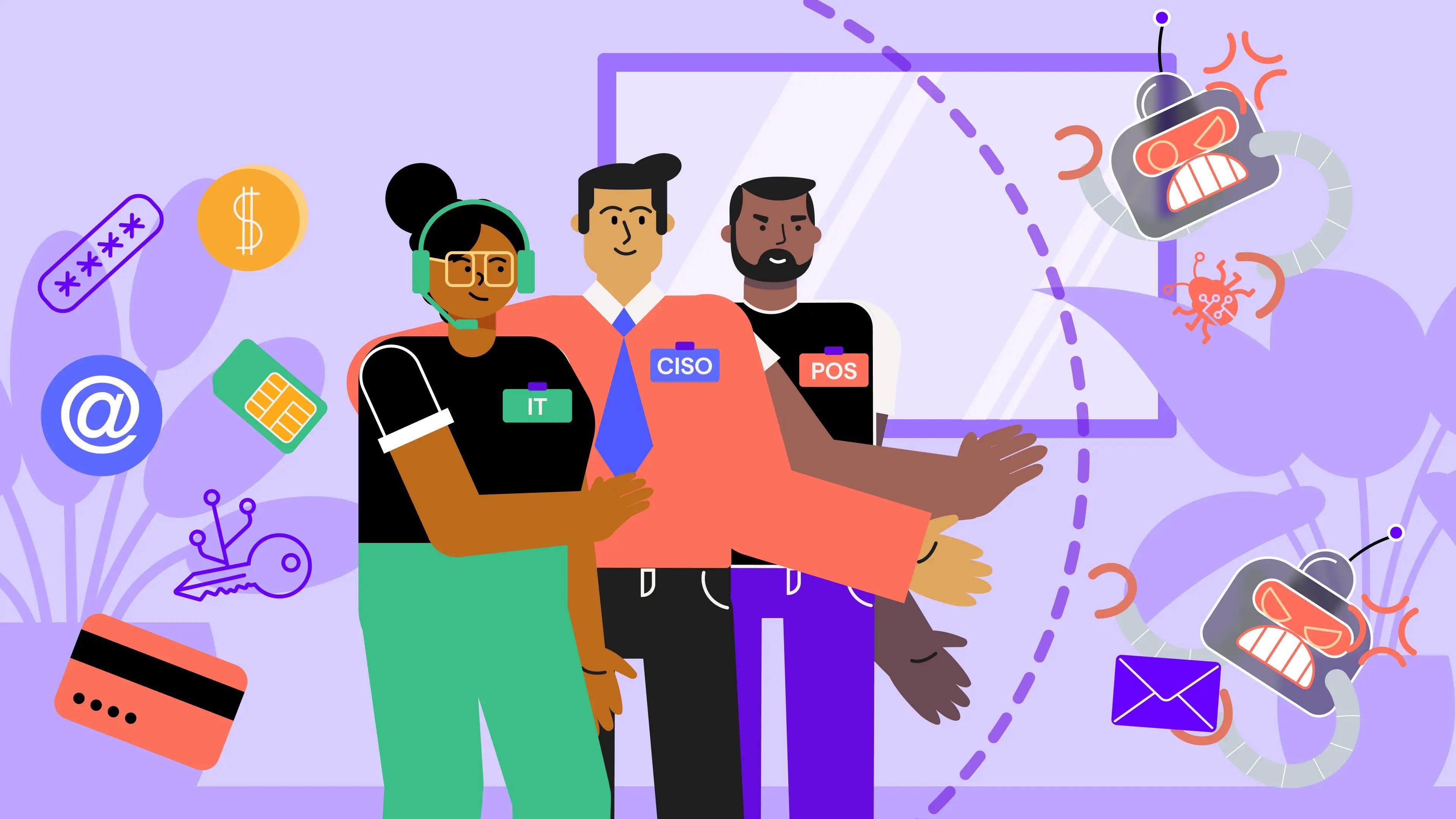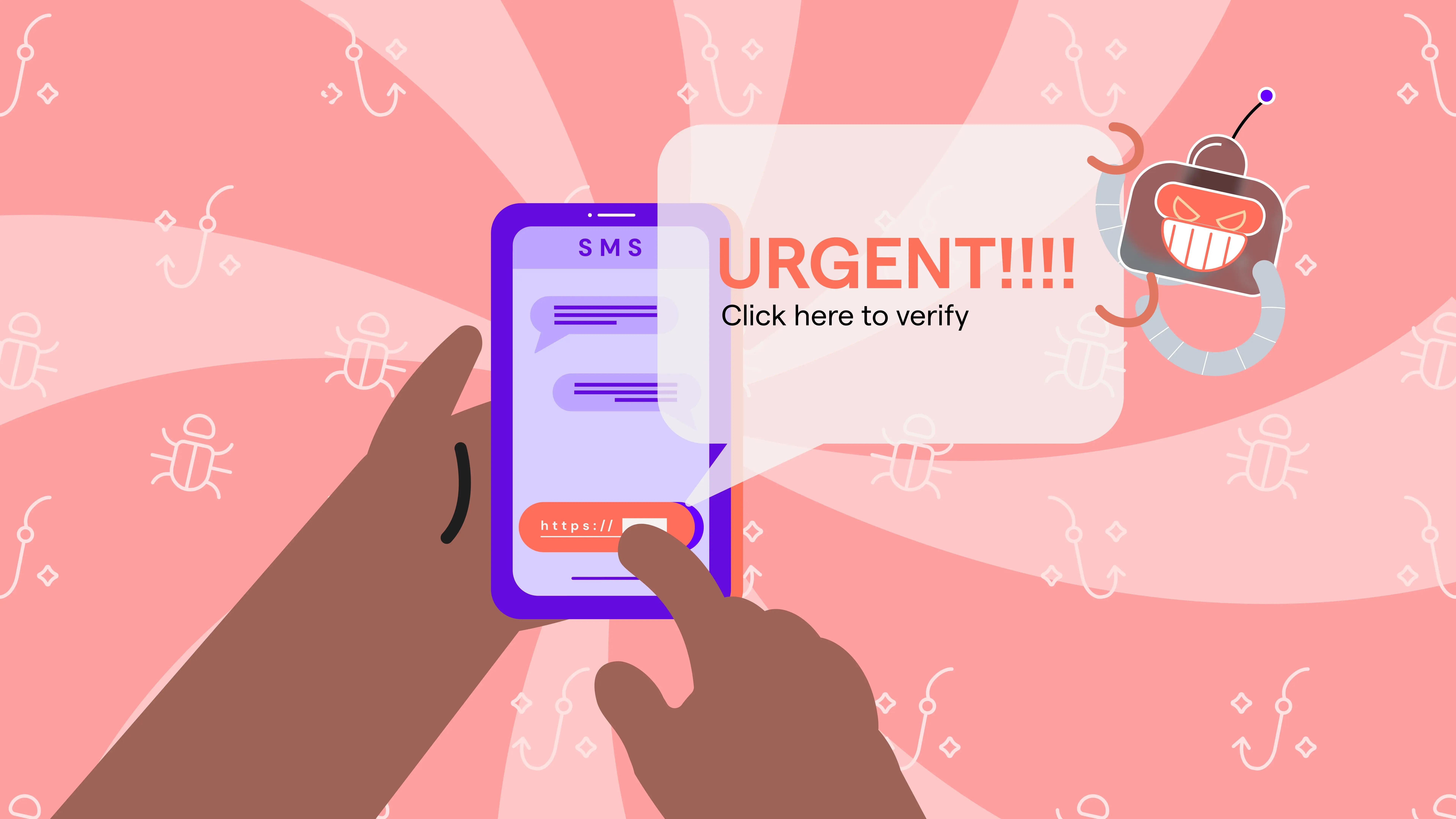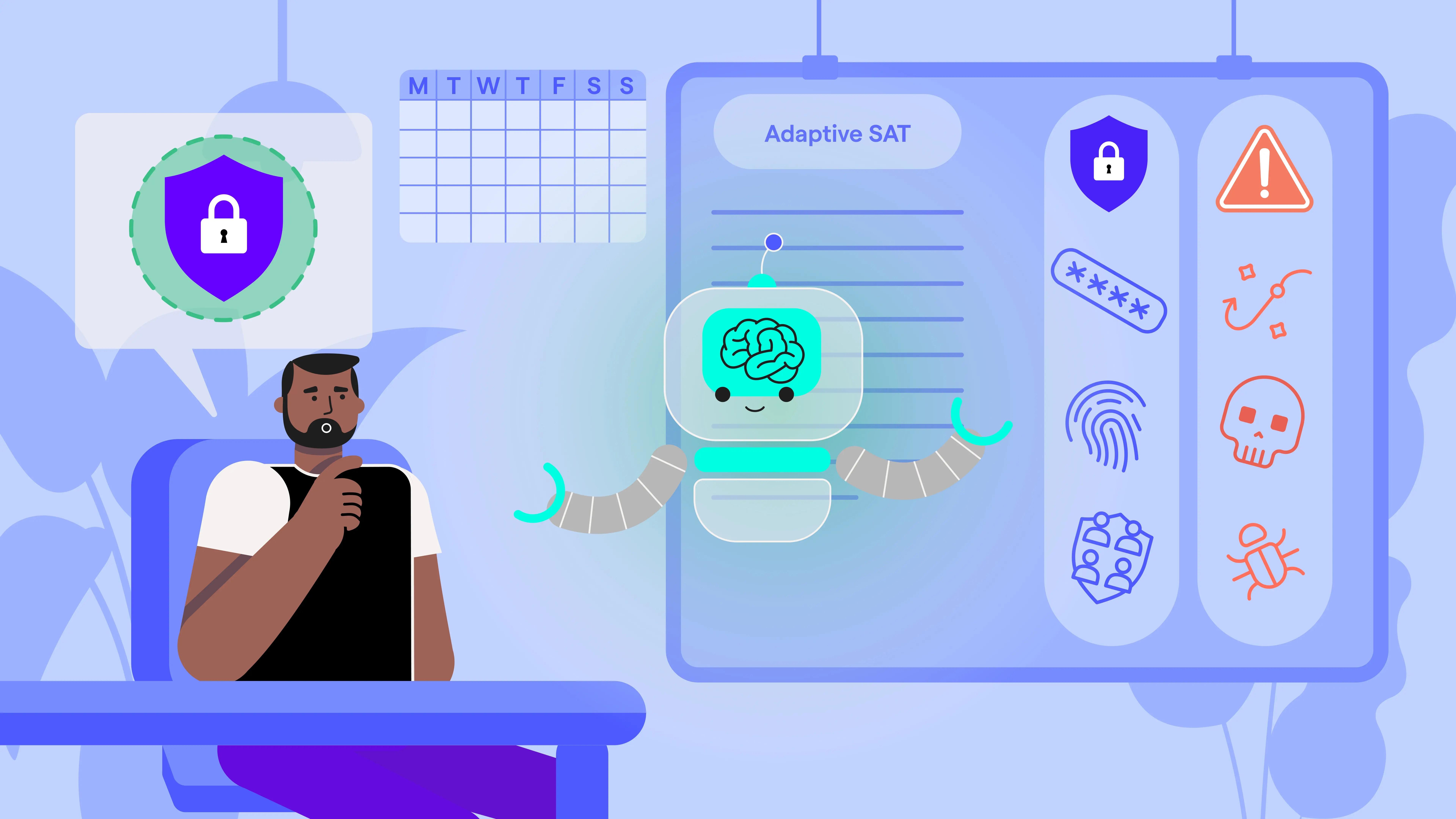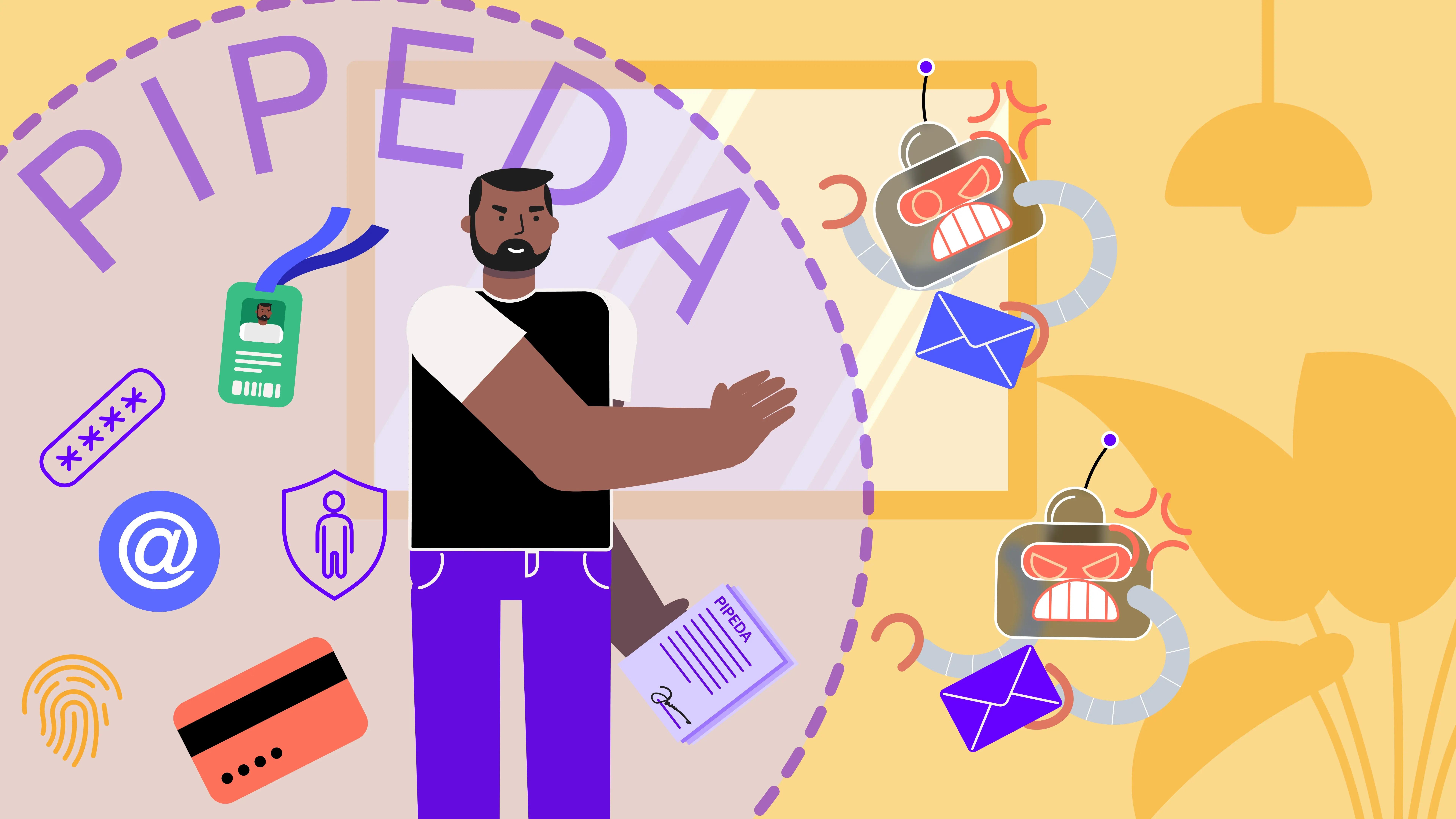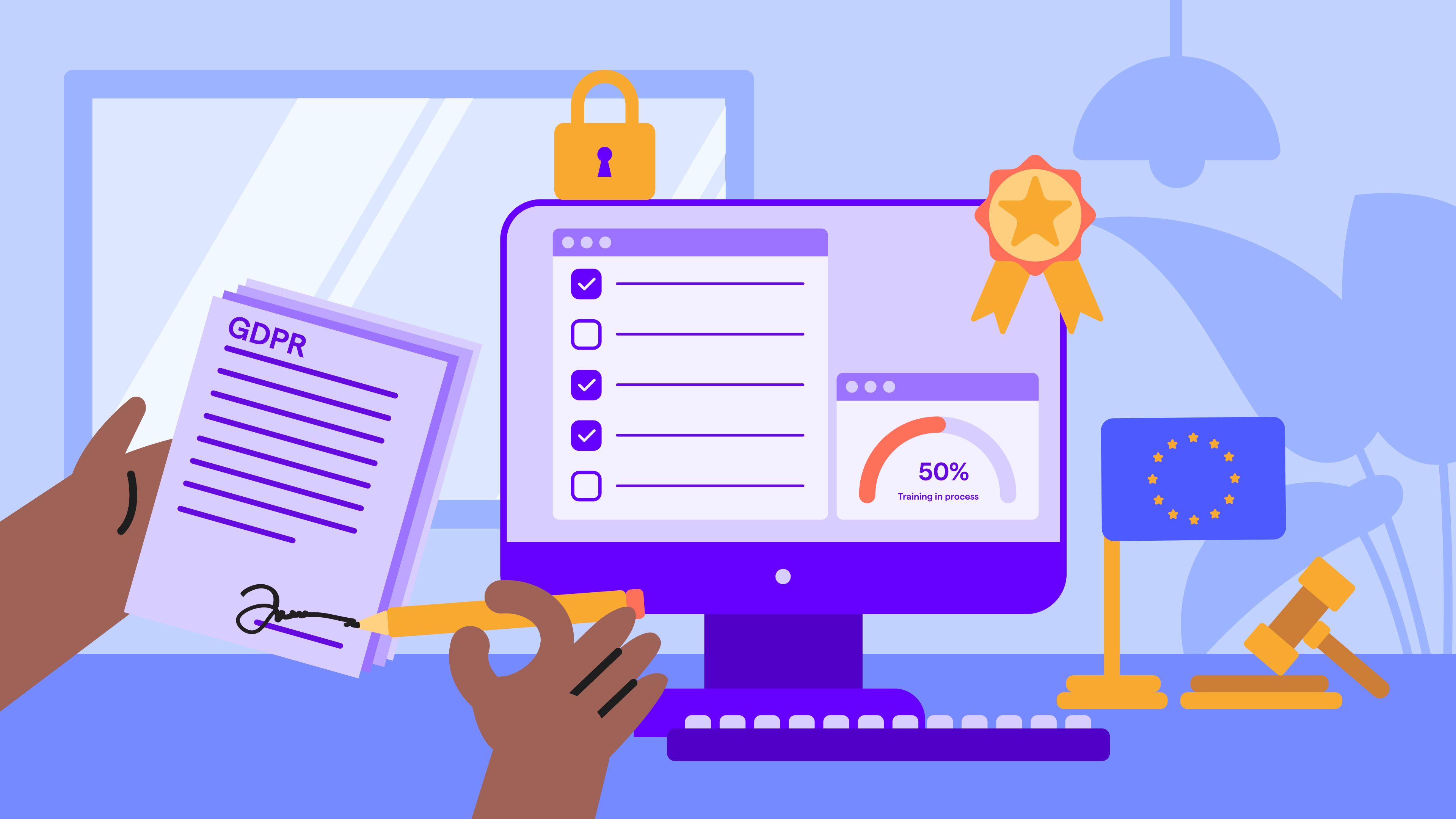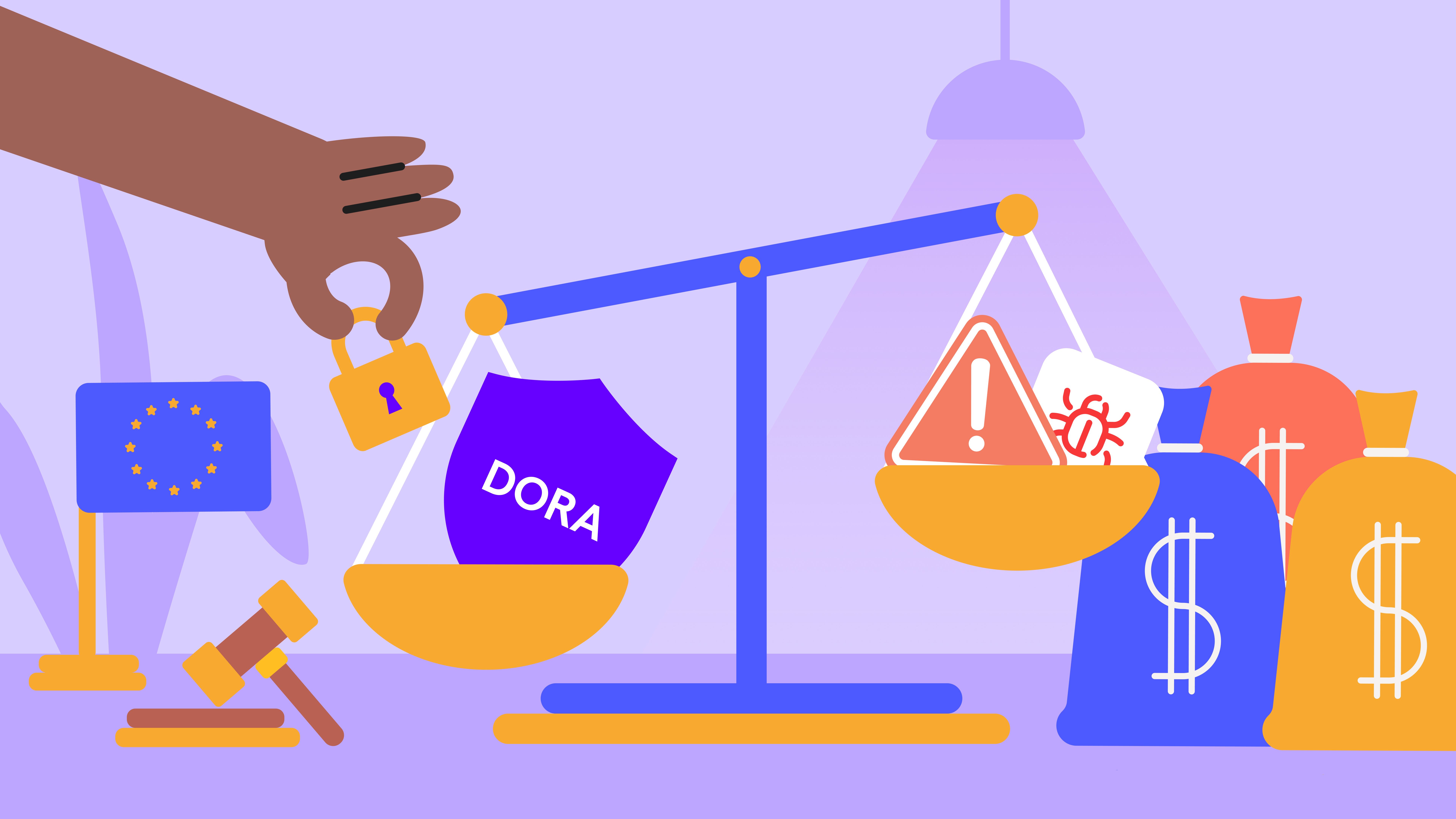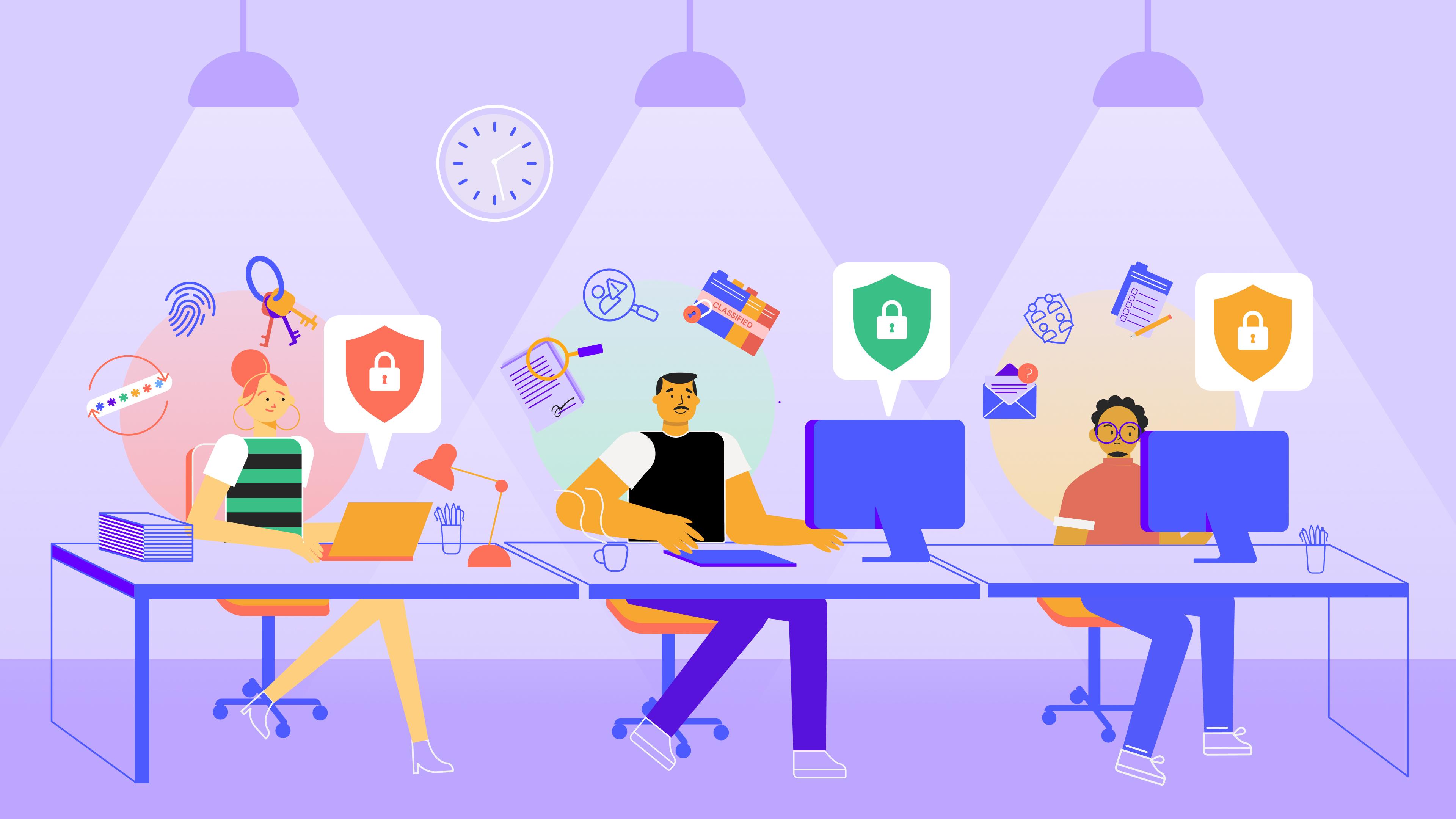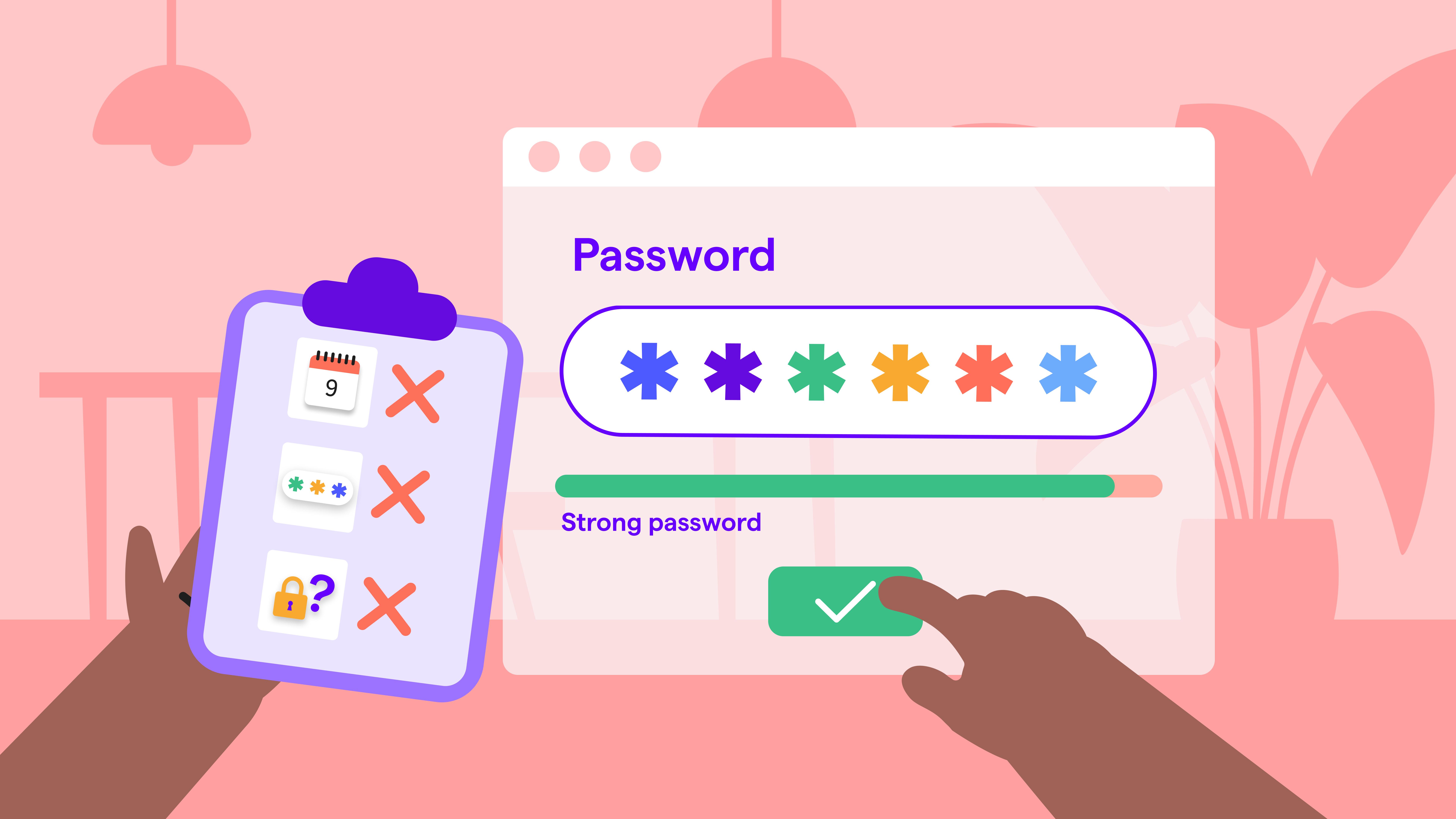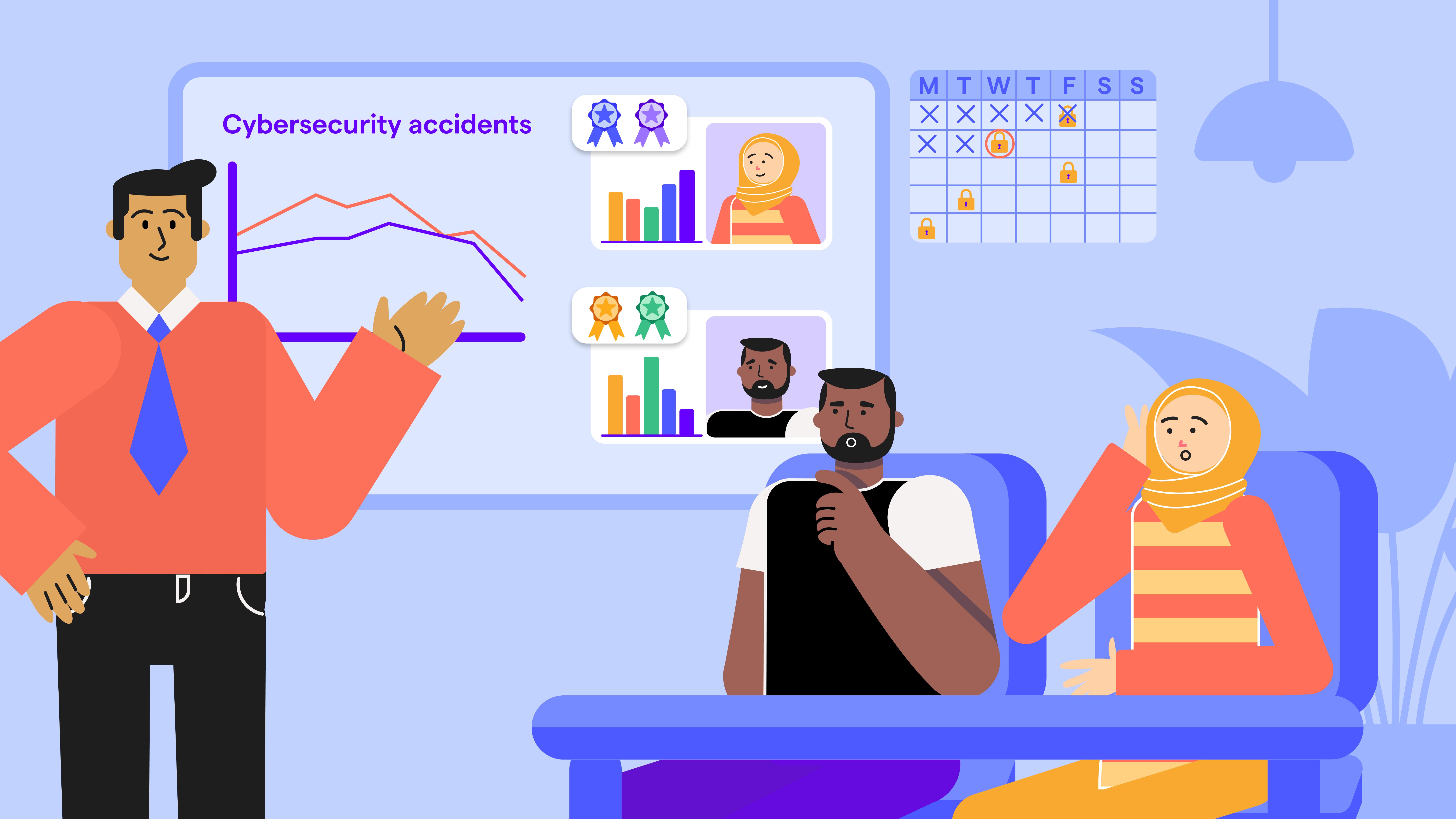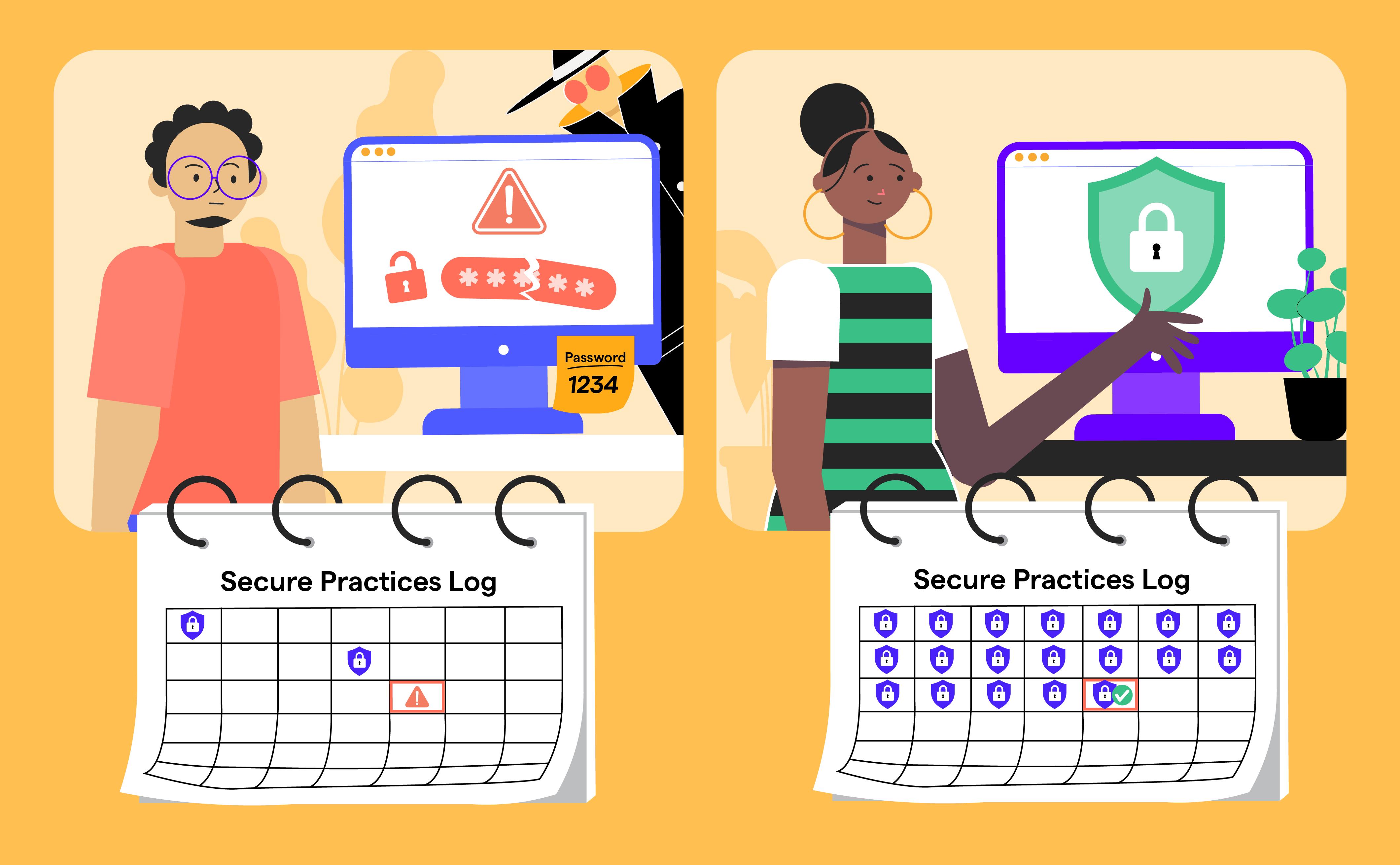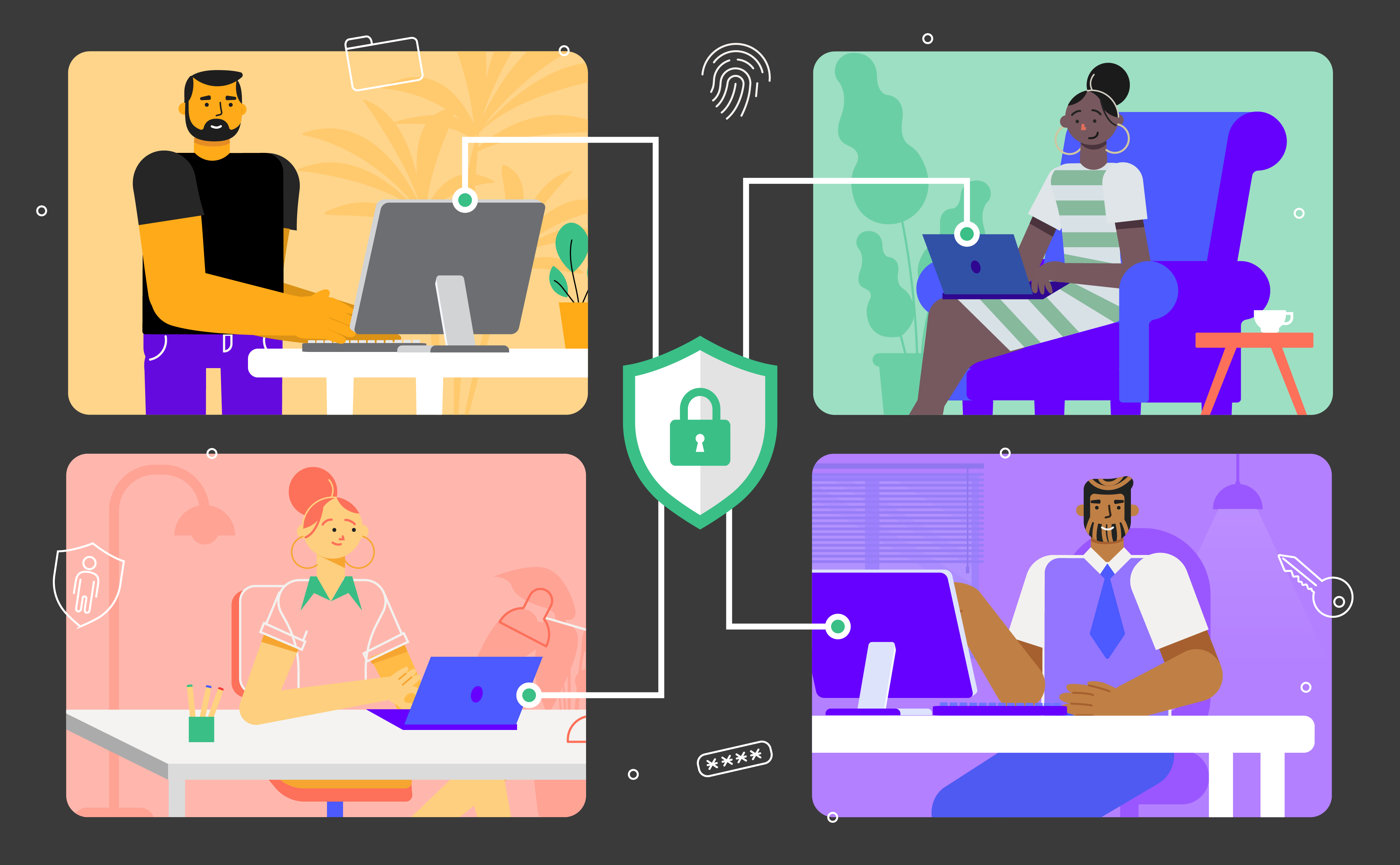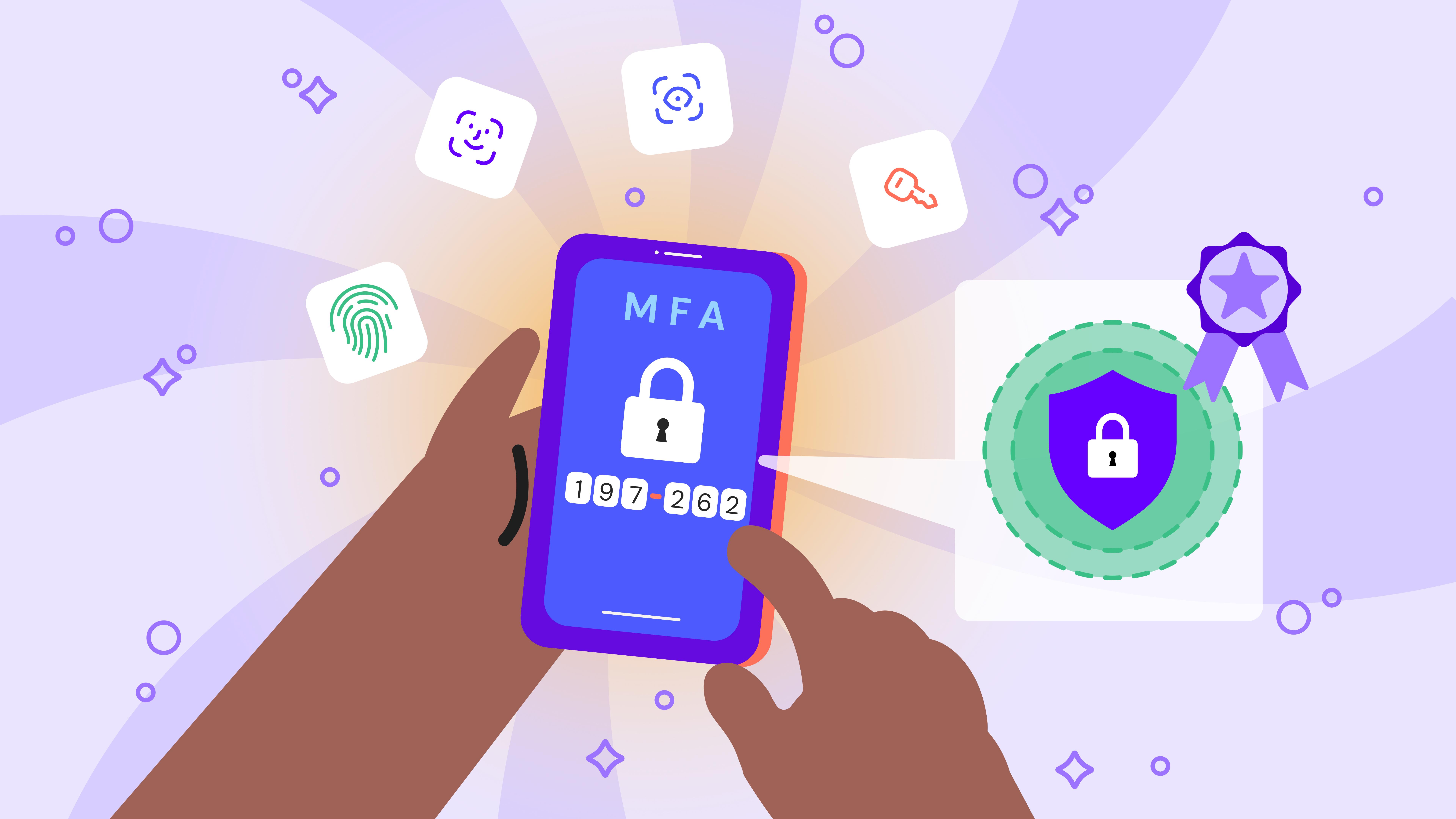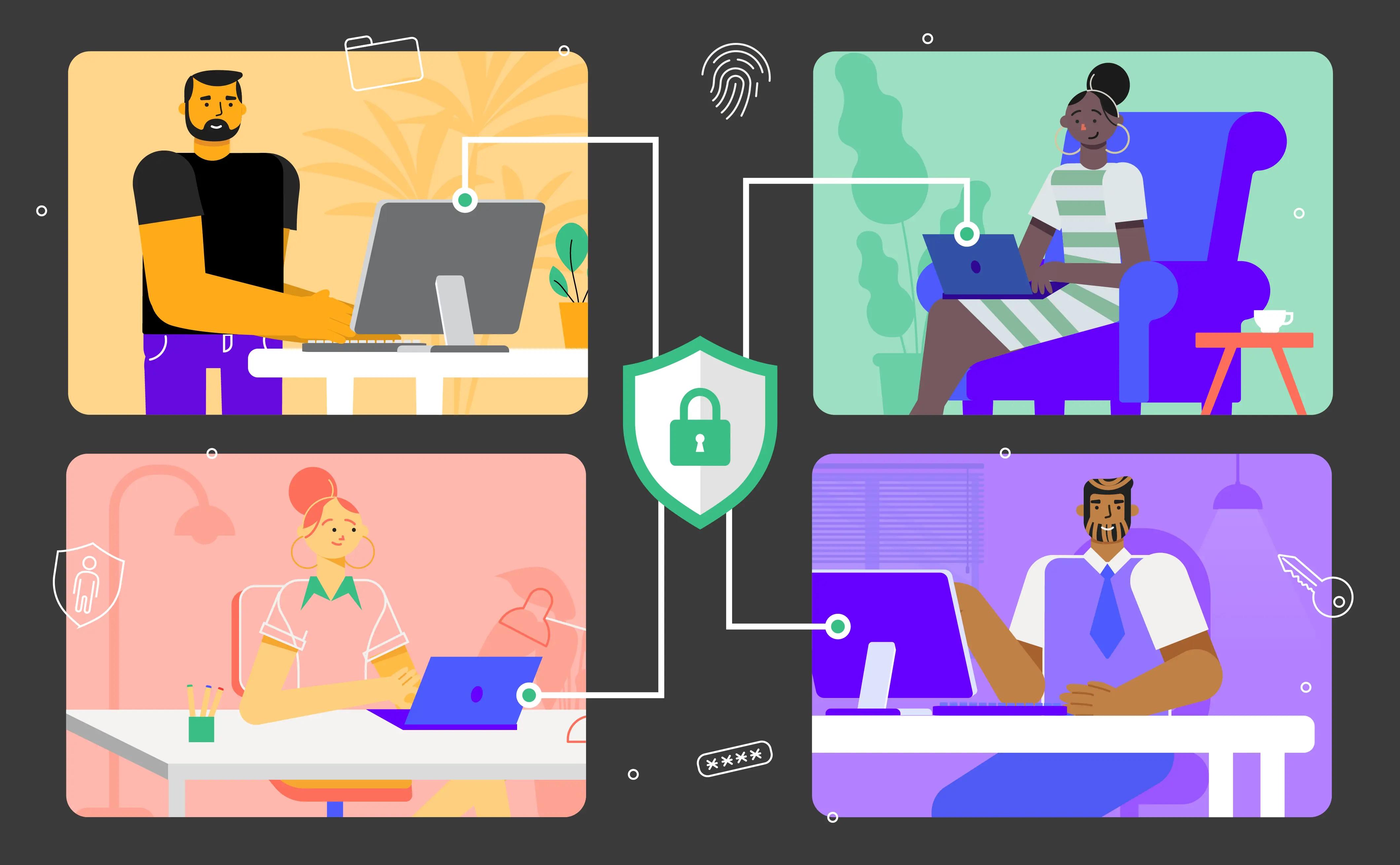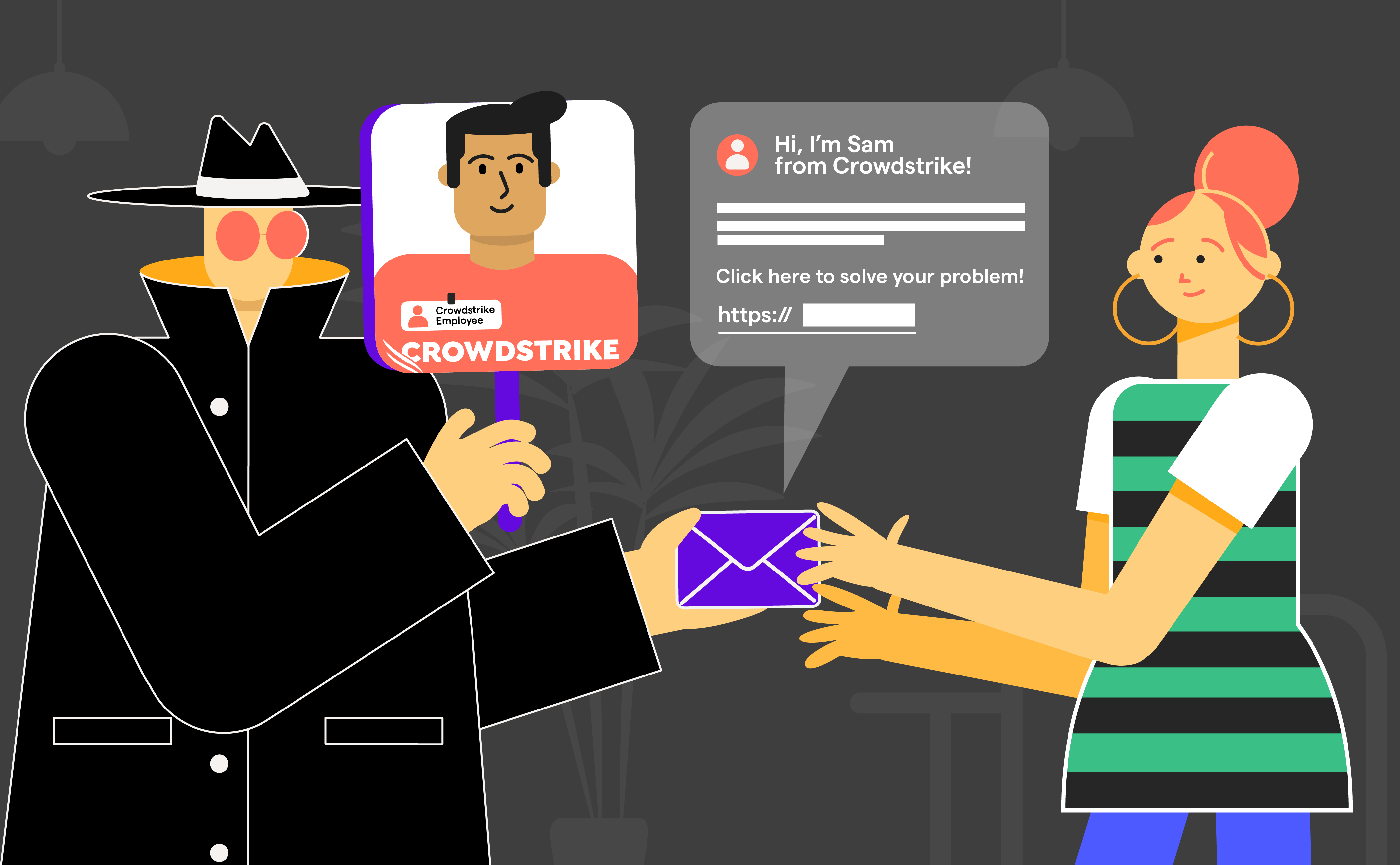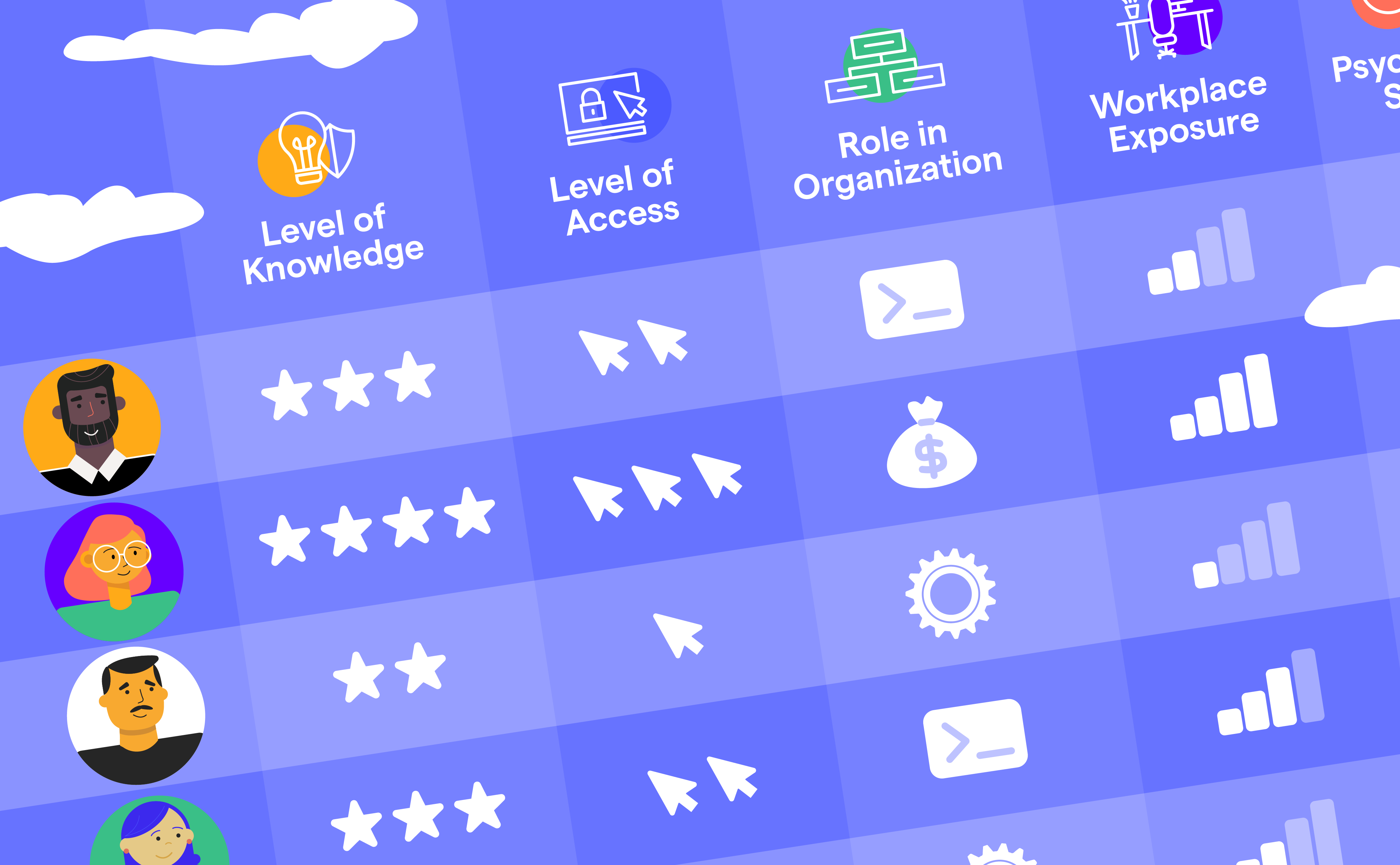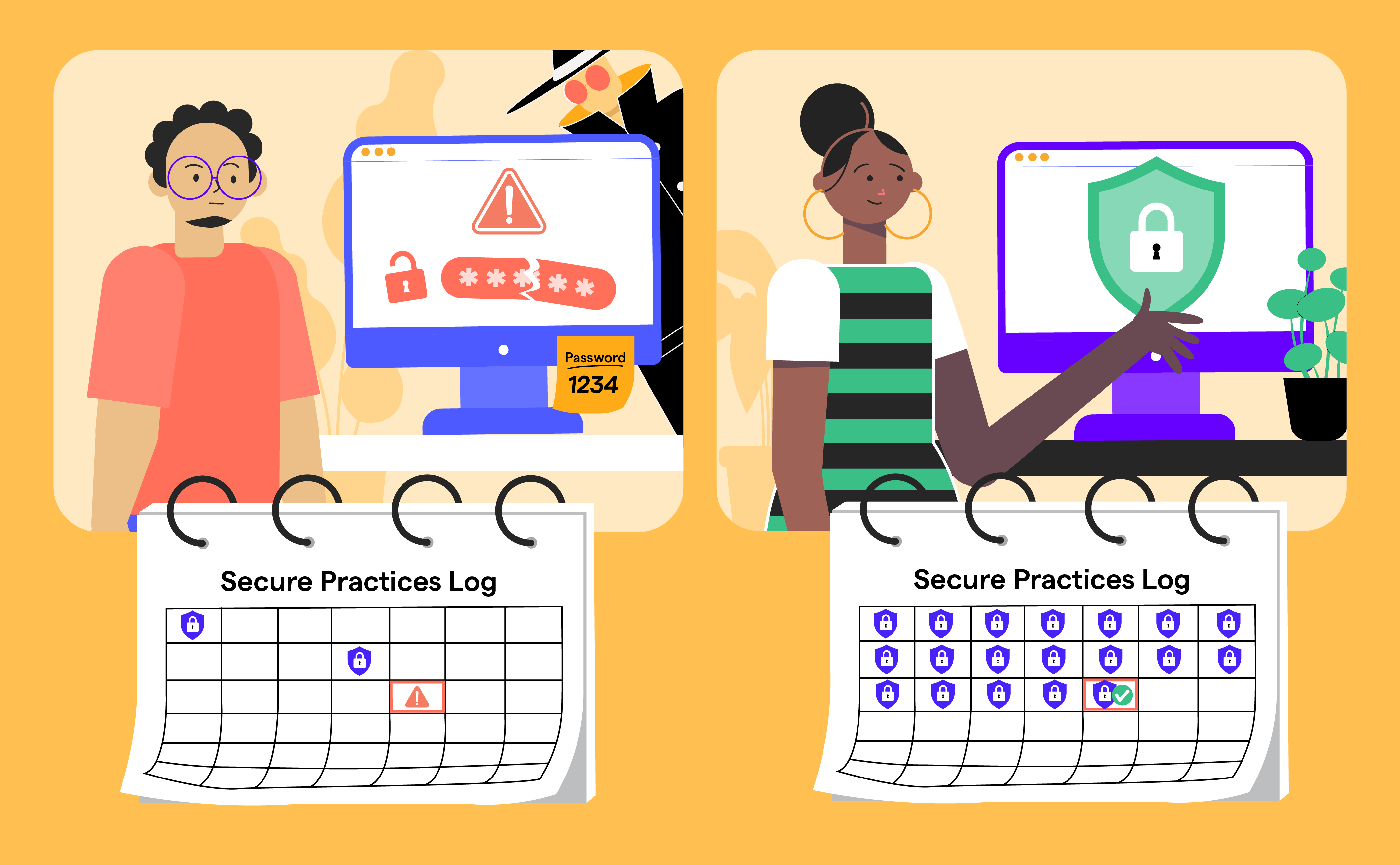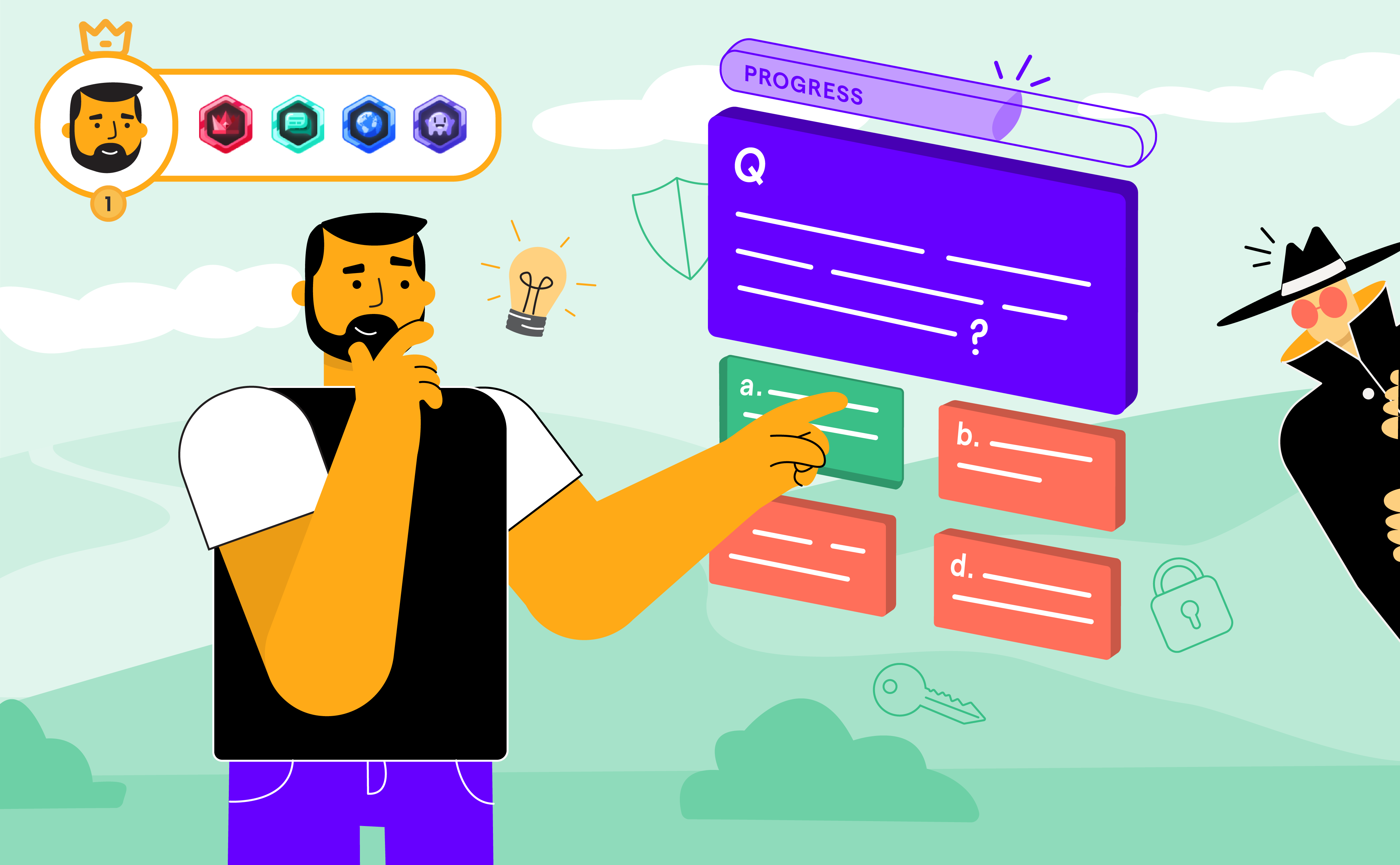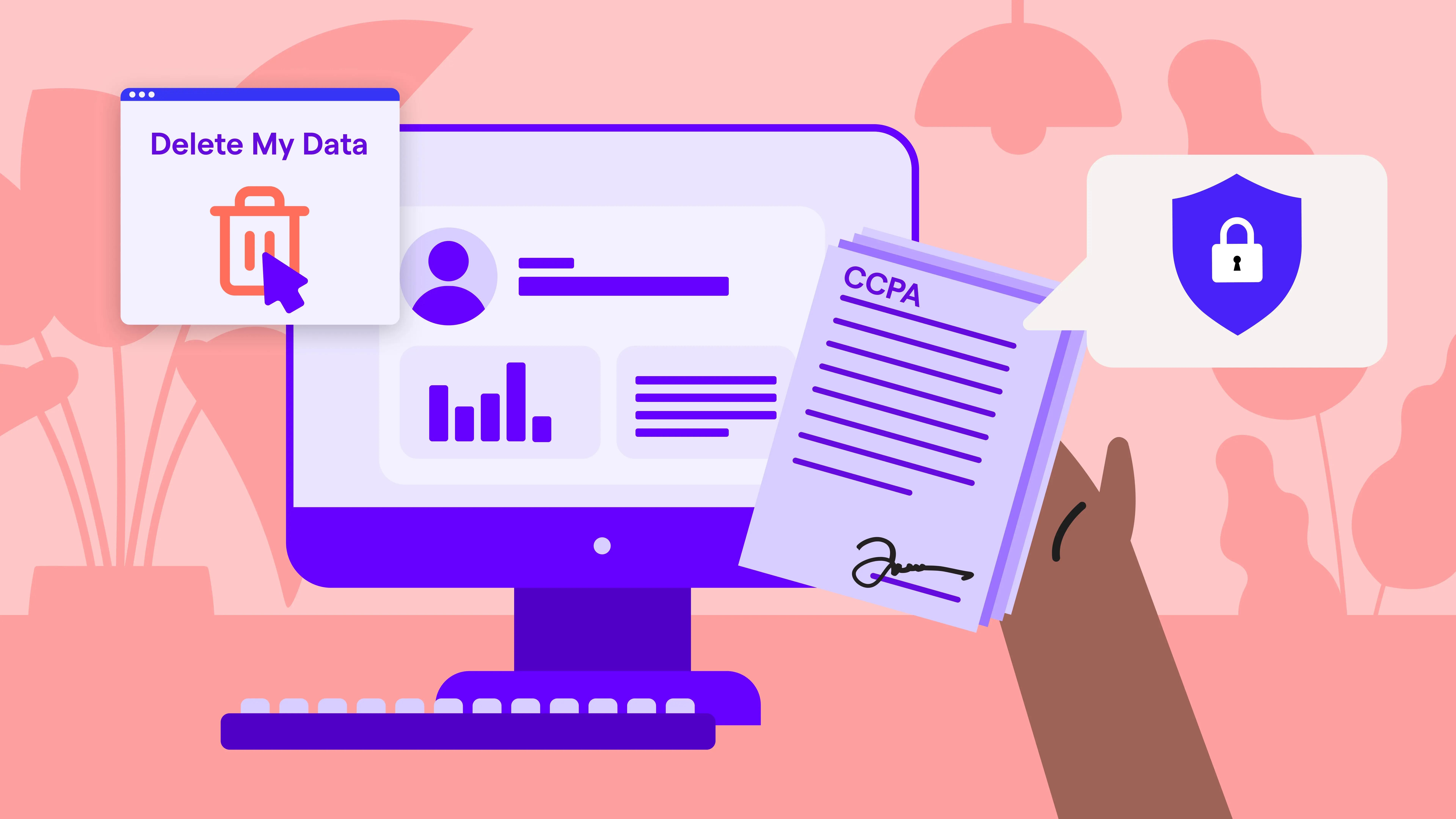
CCPA Training: Building a Culture of Privacy and Compliance
Feb 10

Discover OutThink's Human Risk Management Platform
As more and more of the economy digitalizes, consumer data protection is more critical than ever. The California Consumer Privacy Act (CCPA) was enacted to give Californians more control over their personal information, setting a new standard for privacy rights in the U.S. While inspired by global regulations like the GDPR, the CCPA takes a unique, consumer-driven approach to data privacy.
For organizations, CCPA compliance training is not just a legal necessity—it’s an opportunity to build trust, strengthen data security, and avoid hefty penalties. This article explores CCPA training, its role in ensuring compliance, and best practices for fostering a privacy-aware workforce.
What is the CCPA?
The CCPA, which took effect on January 1, 2020, is one of the most comprehensive privacy laws in the United States. It grants California residents significant rights over their personal data, including:
- The right to know what personal information businesses collect and how it is used.
- The right to opt out of data sales.
- The right to request deletion of personal data.
- The right to non-discrimination for exercising privacy rights.
Failure to comply with the CCPA can result in penalties of up to $7,500 per intentional violation, making CCPA compliance training essential for businesses that handle consumer data.
What is CCPA Training?
CCPA training is designed to educate employees on their responsibilities under the law and ensure businesses satisfy regulatory requirements. Training programs typically cover:
- Understanding consumer rights under the CCPA.
- Handling consumer data requests efficiently and legally.
- Avoiding compliance pitfalls that could lead to regulatory fines.
Employees in customer service, marketing, IT, and data management are particularly critical in ensuring compliance, as they directly handle consumer data requests.
Why CCPA Compliance Training is Essential
1. Reducing Legal and Financial Risks
With strict enforcement measures in place, non-compliance with the CCPA can lead to lawsuits, regulatory fines, and reputational damage. A well-trained workforce minimizes these risks by ensuring that data is handled in accordance with legal requirements.
2. Strengthening Consumer Trust
Consumers today expect transparency and accountability when it comes to their personal data. CCPA training helps employees respond to privacy inquiries confidently, demonstrating a commitment to data protection that fosters customer loyalty.
By integrating CCPA compliance training, organizations can turn compliance into a competitive advantage.
Key Elements of Effective CCPA Training
1. Understanding CCPA Scope and Applicability
Not all businesses are subject to the CCPA. The law applies to companies that:
- Have $25 million or more in annual revenue.
- Process the personal data of 100,000 or more California residents annually.
- Derive at least 50% of their revenue from selling personal data.
Organizations must assess their obligations and tailor training accordingly.
2. Handling Data Subject Requests (DSRs)
Under CCPA, consumers can request access to or deletion of their personal data. CCPA compliance training should include:
- How to verify consumer requests before processing them.
- How to respond to requests within 45 days, as required by law.
- How to document compliance to avoid legal disputes.
3. Data Minimization and Security Best Practices
Training should also emphasize data minimization—the principle of collecting only the data necessary for business operations. Employees should understand how to store, encrypt, and dispose of personal data securely to prevent unauthorized access.
Challenges in Implementing CCPA Compliance Training
Despite its importance, organizations face several challenges when rolling out CCPA training:
- Lack of Awareness: Many employees are unfamiliar with privacy laws and may not understand their role in compliance.
- Complex Regulations: The CCPA is evolving, with amendments like the California Privacy Rights Act (CPRA) adding new requirements.
- Resource Constraints: Small businesses may struggle with the costs of implementing structured training programs.
Overcoming these challenges requires leadership support, regular training updates, and user-friendly training materials.
Best Practices for CCPA Compliance Training Programs
1. Tailor Training to Employee Roles
Different departments have different responsibilities under the CCPA. For example:
- Customer service teams need to handle consumer data requests correctly.
- Marketing teams must ensure that advertising practices comply with opt-out requests.
- IT and security teams must implement data protection measures to prevent breaches.
Role-specific training enhances comprehension and application.
2. Use Interactive and Engaging Learning Methods
Traditional compliance training can be dry and ineffective. Consider using:
- Real-world case studies on CCPA violations.
- Scenario-based quizzes to reinforce knowledge.
- Simulated data request exercises to practice compliance procedures.
Interactive learning keeps employees engaged and improves retention.
3. Regularly Update Training Programs
Privacy laws evolve, and CCPA compliance training must keep pace. Businesses should review training materials annually and update them based on:
- New regulatory amendments, such as the CPRA.
- Changes in internal data handling policies.
- Emerging privacy risks and threats.
Staying proactive prevents compliance gaps and mitigates risks.
Shaping the Future of Data Privacy Compliance
As data privacy laws continue to evolve, CCPA compliance is no longer optional—it’s an essential component of responsible business operations. By investing in CCPA training, organizations can protect consumer data, enhance trust, and avoid costly fines. Moreover, the state of California serves as a de facto standard setter in the United States by virtue of its sheer market power.
The CCPA’s consumer-first approach signals a broader trend toward stronger privacy protections across the U.S. and beyond. As businesses prepare for future regulations, prioritizing CCPA compliance training will ensure long-term success in the ever-changing data privacy landscape.
Ensure CCPA Compliance
Is your organization meaningfully prepared for CCPA compliance? OutThink’s Adaptive Security Awareness Training can help your workforce stay informed, protect consumer data, and navigate the complexities of privacy laws to make CCPA compliance seamless.
Protect your customers' data. Enhance your credibility and trustworthiness. Stay compliant.





